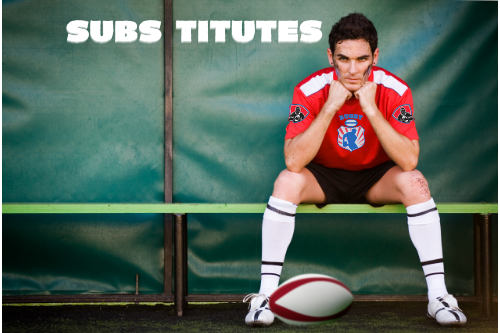“Selection dilemmas: Not making the team THIS week.” It’s late in the week and squads for the weekend fixtures are on the notice board. “Will my name be in the A Team starting line-up, the reserve bench or have I been dropped?”
We’ve all experienced the nervousness; Butterflies zooming around your stomach faster and faster, turning into a swarm. Quickly, you scan the list from top to bottom. Nothing! You scan again, this time with more urgency and a growing sense of panic. You’re not on the list. You look at the squad for the B-team; your name is somewhere in the middle. You feel a little sick. Your stomach now feels like an empty pit of disappointment.
“What’s the point in trying if I’m never going to make the team?”
The point of trying or not depends on whether you believe your ability, skill and performances can improve (Incremental belief). Or you believe your skills are forever stuck where they are right now (Entity belief) (Dweck, 1996).
Feeling disappointment can be the key to helping you achieve success and ultimately make the team. If you weren’t disappointed, you might not try make the A-squad and just give up. Accepting that a poor performance is okay will only prevent the harder training, concentration and dedication required to improve.
Not getting positive feedback on good performances affects our motivation and determination to improve. However, small, positive experiences gained during training and competitions, like support from others and our own beliefs, helps us to stay motivated. This is in-line with Self Determination Theory (SDT) (Deci & Ryan, 1985).
3 Strategies to help you off the Bench
Here are some strategies to help you stay determined and motivated while you concentrate on physical and technical progress:
1) You CAN change: Having an “Incremental” belief that your ability / talent / skill can develop bit by bit over time rather than being limited or stuck will keep you motivated to carry on training. Be disappointed when things don’t go well but use that experience as an example that you need more training to improve.
2) Identify your good performances: Acknowledge when you had a good training session, played a good stroke or completed a training drill well. Combining lots of small, positive performances proves that your skill is improving over time. As you identify improvement, you will become more confident in your ability to make the higher team.
3) Ask for help: Ask your coach (and other important people) to help you specifically develop your technique; addressing strengths, weakness and strategies for improving. Coaches love nothing more than curious, hard-working athletes.
To continue improving and gain selection for the better team, it is vital to know that your ability is not stuck and that it can change with good quality training, positive thinking and getting advice to develop you





